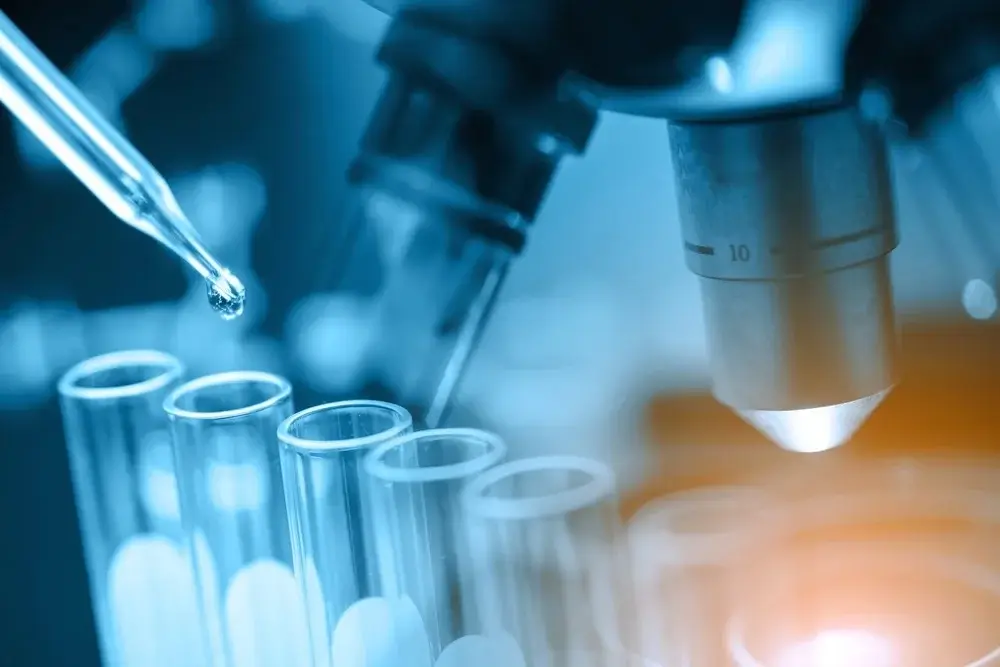Early Feasibility Studies (EFS) play a critical role in advancing innovative devices, but navigating biocompatibility requirements can slow progress. This resource offers risk-based considerations to help manufacturers plan and conduct EFS more efficiently. It outlines what’s expected at each stage—EFS initiation, device modifications, and transition to pivotal studies—while aligning with FDA and ISO expectations. A companion document outlines best practices for collecting materials and supplier information to support biocompatibility planning in the EFS IDE framework.
EFS Biocompatibility Program
Overview
The EFS Biocompatibility Program focuses on addressing biocompatibility challenges in the early stages of medical device development. This group collaborates with regulatory experts, government agencies, manufacturers, and clinical researchers to establish clear best practices for assessing the biocompatibility of new medical devices as well as materials/supplier selection.
Objective
To support risk-based recommendations for biocompatibility assessments in EFS, focusing on scenarios where clinical mitigation strategies are in place. This effort seeks to streamline the EFS process while maintaining high safety standards and emphasizing the importance of material selection, processing, and supplier oversight.
Biocompatibility EFS Working Group
The EFS Biocompatibility Working Group, including government agencies, industry experts, and stakeholders, develops best practices for biocompatibility evaluations in EFS. Key activities involve clarifying data sources, identifying device characteristics that impact biocompatibility, and providing examples of materials with known hazards. The group also provides examples of how clinical mitigations may be incorporated into biocompatibility evaluations, offers evidence and testing examples for various development stages, and makes recommendations to ensure that material and supplier selections enhance device safety and EFS success.

Featured Resource